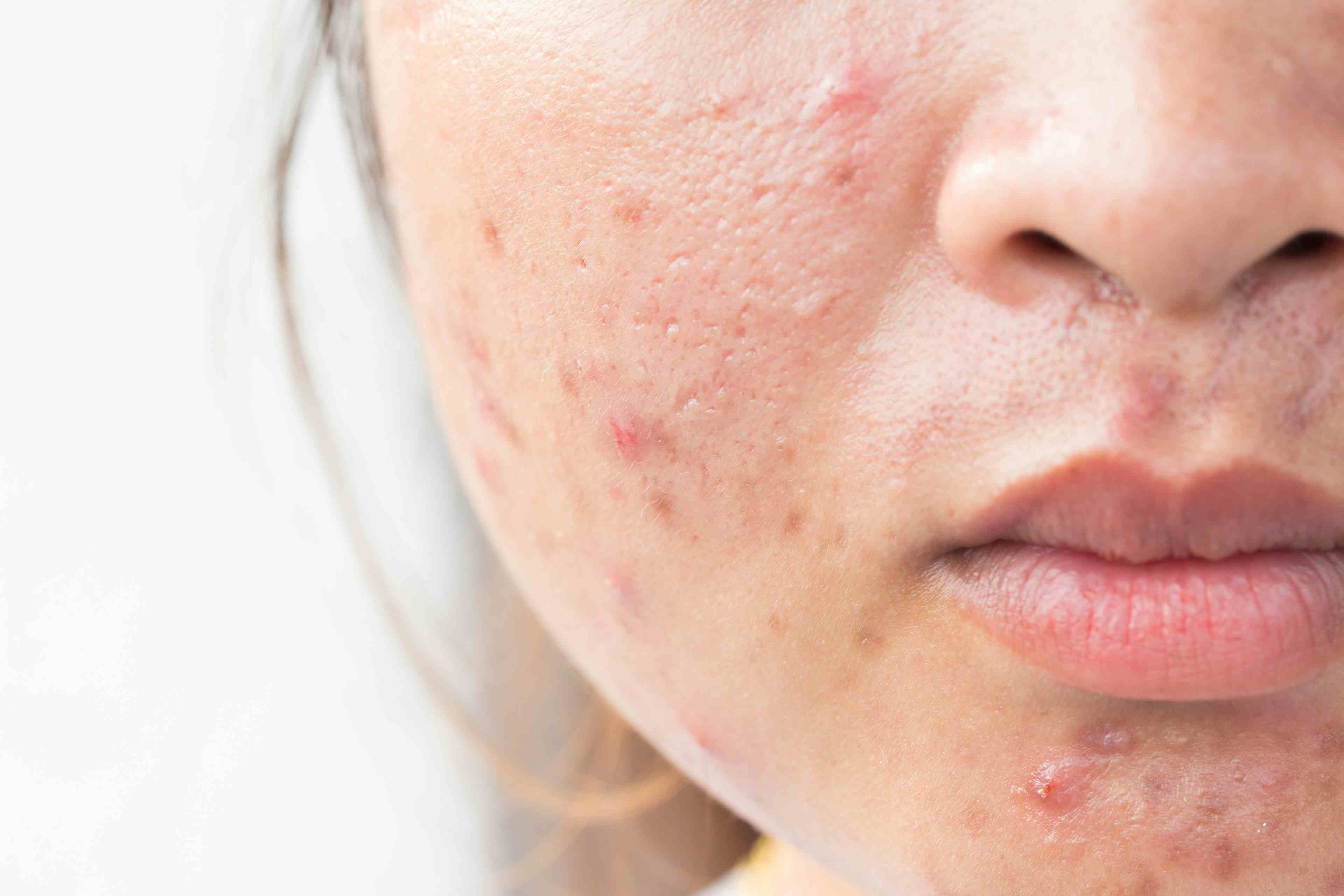- Acne
- Actinic Keratosis
- Aesthetics
- Alopecia
- Atopic Dermatitis
- Buy-and-Bill
- COVID-19
- Case-Based Roundtable
- Chronic Hand Eczema
- Chronic Spontaneous Urticaria
- Drug Watch
- Eczema
- General Dermatology
- Hidradenitis Suppurativa
- Melasma
- NP and PA
- Pediatric Dermatology
- Pigmentary Disorders
- Practice Management
- Precision Medicine and Biologics
- Prurigo Nodularis
- Psoriasis
- Psoriatic Arthritis
- Rare Disease
- Rosacea
- Skin Cancer
- Vitiligo
- Wound Care
Article
Aggressive pharmaceutical company sales tactics trouble dermatologists
Fortunately, dermatologists contacted by Dermatology Times report that the majority of their interactions with sales reps are positive and professional.

Unwanted spotlight
Legislators' recent charges that Merck & Co. downplayed cardiac risks in marketing Vioxx (rofecoxib) have shone a spotlight on pharmaceutical sales tactics throughout the healthcare industry.

"Unfortunately, some physicians' major source of education about new and emerging therapies may actually come directly from drug companies."
Limitations
U.S. Food and Drug Administration (FDA) regulations limit the content of salespersons' presentations to labeled indications, side effects and efficacy. Additionally, voluntary guidelines issued by the Pharmaceutical Research and Manufacturers Association (PhRMA) prohibit freebies worth more than $100 while requiring that such giveaways primarily benefit patients, not practitioners.

Because of such measures, Dr. Pariser says, "There's virtually no promotion of drugs for uses they're not labeled or indicated for. But drug companies do vary in their aggressiveness about presenting (side effects). We see companies who harp on the side effects of their competitor's drug fairly frequently. However, if I'm drug company A competing against drug company B for the same condition, I can't say anything that's not in company B's official package insert."
Bruce H. Thiers, M.D., vice president of the AAD, adds, "I don't believe any doctors think drug companies or their representatives are presenting data in a purely scientific and absolutely unbiased manner. They're trying to sell us their products. It's up to us as physicians to recognize what they're doing and come to appropriate conclusions based on what's best for our patients."
Manufacturers react
According to a statement released by Merck, "A number of the news reports of the House Government Reform Committee hearing concerning drug safety ... mischaracterize the company's actions with respect to Vioxx and its dissemination of information related to the VIGOR study. None of the documents singled out can obscure the fact that Merck acted responsibly and appropriately as it developed and marketed Vioxx."
Similarly, a spokesperson for Astellas Pharma Inc., which manufactures Protopic (tacrolimus ointment), tells Dermatology Times, "Astellas is committed to providing physicians with the appropriate risk and benefit information they need to assist them in making appropriate treatment decisions for their patients. All materials provided to physicians by our sales representatives go through a strict internal review process to ensure that they are consistent with the legal and regulatory guidelines of both the FDA and Astellas."
Good, bad and ugly
That said, what do dermatologists desire from drug reps?
Newsletter
Like what you’re reading? Subscribe to Dermatology Times for weekly updates on therapies, innovations, and real-world practice tips.
















